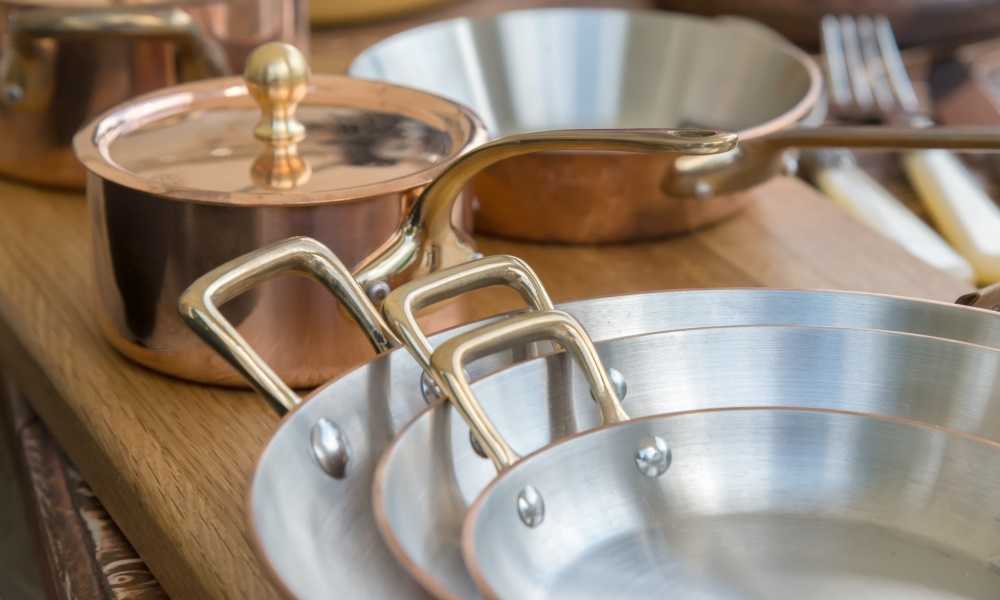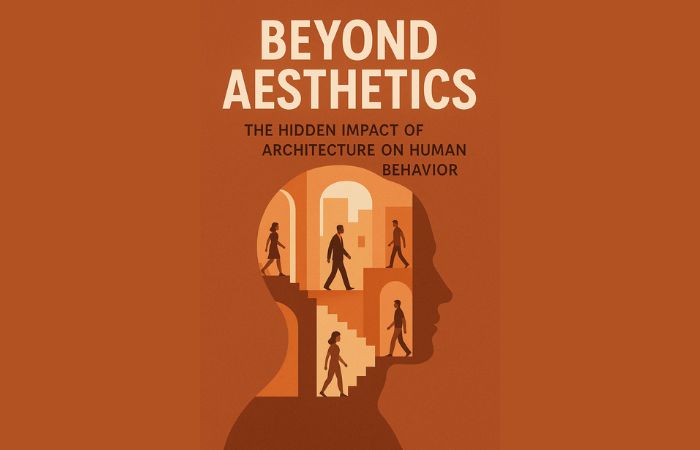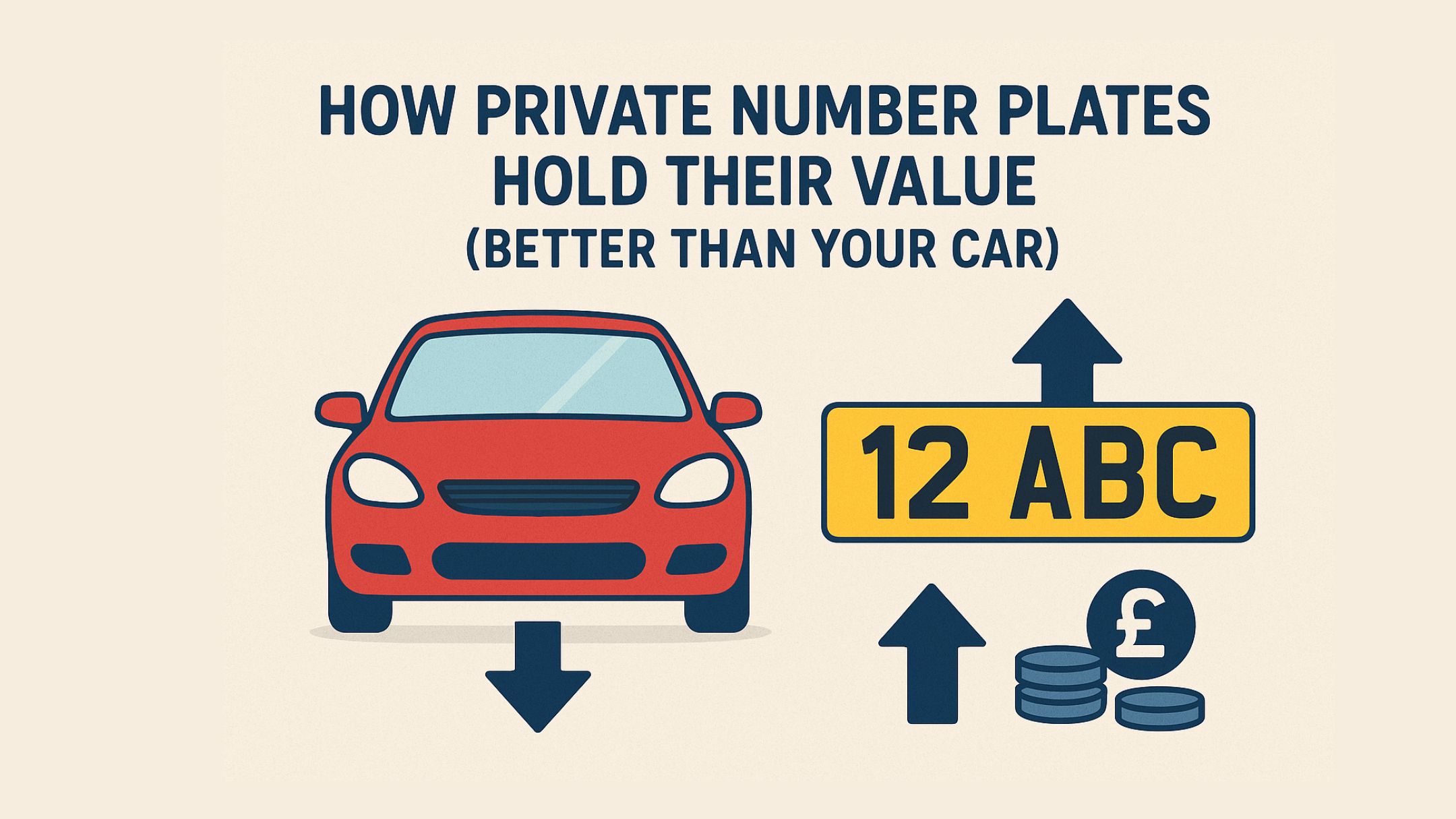For many cultures all over the world, copper cookware is an essential part of their cooking habits. In recent years, the popularity of copper cookware has grown, and more and more people have become interested in utilizing copper cookware.
But there’s a lot to know about copper cookware before you make a decision. You need a clear idea about their benefits, disadvantages, usage methods, and, most importantly, how to choose them.
That’s why we’ve created this quick guide that gives you all the information you need about copper cookware thus helping you decide whether you should buy them or not.
Why should I buy copper cookware?
Copper cookware has been long used in cooking, in several cultures all over the globe. But why? Here are the reasons.
Heats up fast and easy – Compared to cast iron, which takes a long time to heat up but holds onto the heat, copper heats up really quickly. This is because copper is a great conductor and it manages to pick up the heat with ease. This trait makes copper ideal for pan-searing and quick cooking, as you don’t have to stand around and wait for the pan to heat.
Temperature falls fast – On the other hand, copper cools down really fast as well. But that’s not necessarily a bad thing. Since copper cookware doesn’t hold onto heat, it’s perfect for cooking delicate meats like seafood. It’s also great for creating sauces, such as hollandaise. Such sauces need to be brought off the heat fast, otherwise, they will turn clumpy and copper cookware manages to do this perfectly.
Even heat distribution – Copper cookware also manages to distribute heat evenly, as a result of which food cooks evenly, no matter where it is placed. So regardless of where you place a slice of toast, either on the sides or in the middle, the browning will be even. This isn’t the case with cast iron pans, and food tends to cook unevenly on it.
What are the disadvantages of copper cookware?
Although copper cookware is quite useful and plays an important role in both professional and home kitchens worldwide, there are certain drawbacks to it.
Hefty price tag – Perhaps the most significant drawback about copper cookware is that it’s quite expensive, and definitely an investment. In fact, a lot of people question whether it’s cost matches up to its advantages. It’s important to specify here that while copper cookware is a really great addition to your kitchen, it is in no way necessary. You can fare very well even without a copper utensil. So if you have a tight budget, or you’re just not up for buying a copper utensil, you don’t have to worry at all.
Reactivity – Another problematic characteristic of copper is its reactivity. Over time, with exposure to acidic substances like citrus fruits, tomatoes, etc, copper tends to become quite toxic. Now, this won’t happen if your copper cookware is lined but there are still risks and chances of prolonged usage as the lining may get damaged.
Are there any factors to consider while buying copper cookware?
Buying a copper cookware means being cognizant of a few crucial factors, which are:
Lining – Make sure that you always check whether the utensil you’re purchasing has a lining or not. Like we mentioned above, copper is a reactive metal, and over time, as it interacts with acids, it can become very toxic. So it is absolutely crucial that your copper pan or pot has a protective lining inside. This lining not only serves as a barrier but also keeps your pan non-stick.
Thickness – Like other utensils, it is also important to take into account the thickness of the cookware that you intend to buy. The thicker your vessel, the better. But the price also increases and copper cookware is already quite pricey. So it’s important here to look for the right balance of thickness and price. It goes without saying that it is important to stay away from really thin ones as they will not give you a long-lasting performance.




